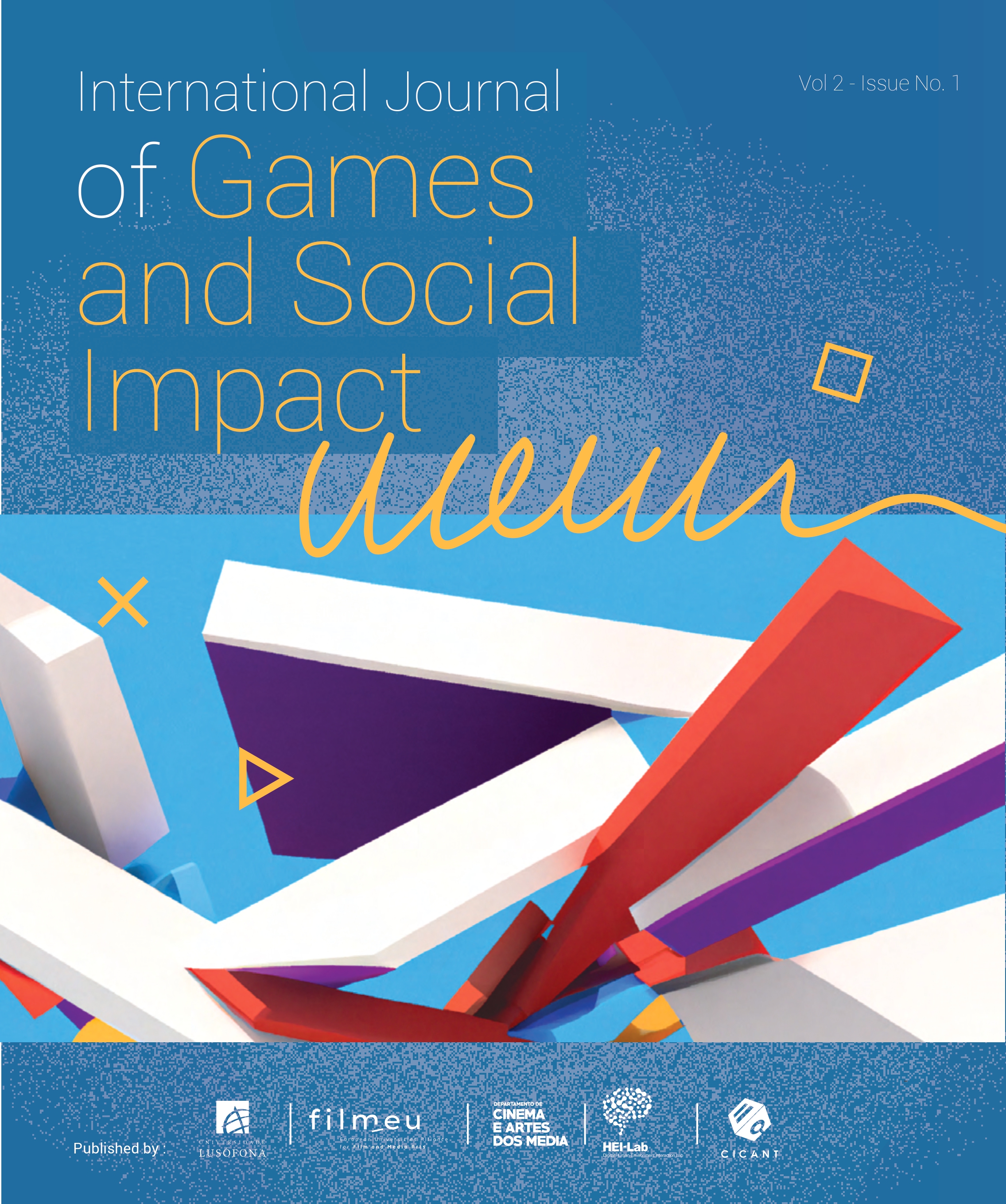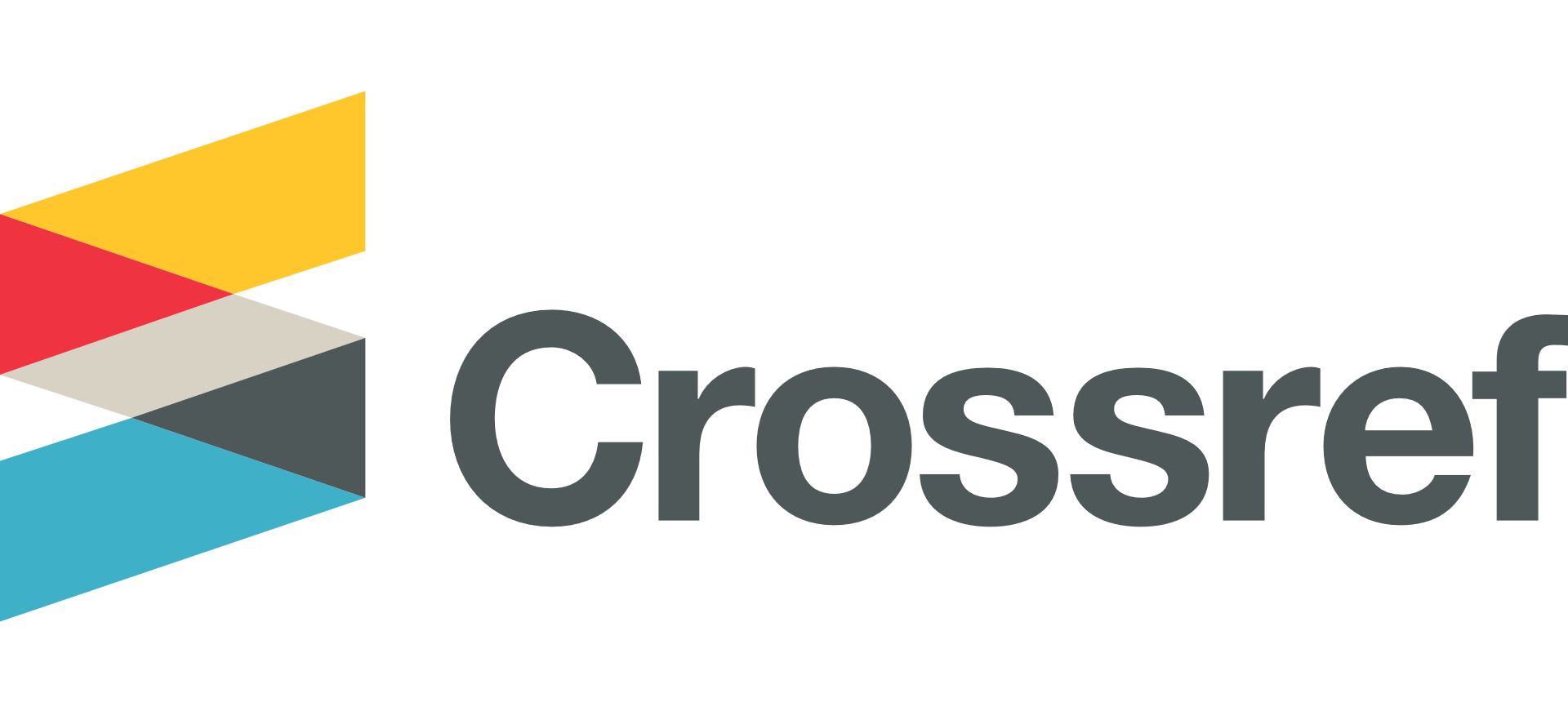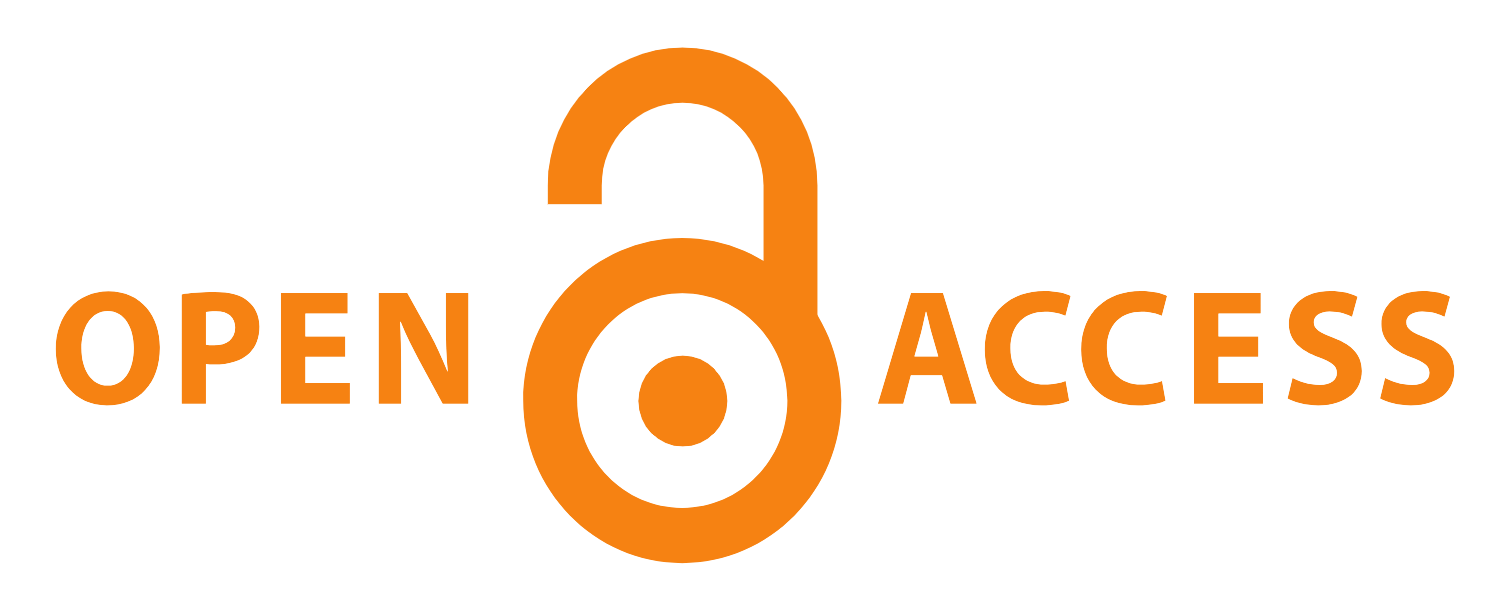"Meeple-Centred Design" to Assess Collaborative Play: The Case of Team3
Abstract
The social model of disability refers to the fact that disabilities occur when the surrounding environment isn’t prepared to accommodate the needs of People with Disabilities. Since accessibility has been given more importance in several areas of social life, we argue here that board games can also contribute to promoting the social life of People with Disabilities, since they can help combat their social isolation. As such, we will be doing an analysis of a game based on its accessibility.
In this paper, we analyze the accessibility of the game Team3 in its two versions (green and pink), based on the guidelines ‘Meeple Centred Design’. Team3 is a cooperative board game developed to improve players’ collaboration, communication, and cognitive spatial reasoning abilities. The game is designed for three or more players, with each player taking on one of three roles: the architect, the builder, or the supplier.
Upon examining both versions and their distinct challenges, we reached the conclusion that the game is accessible from both a physical and socioeconomic standpoint. We identified that the category related to intersectionality is where most issues arise.
Furthermore, the game should come with a disclaimer saying that it can be challenging for neurodiverse people, people with the same sensory disability playing together, and people with multiple disabilities so that the players or the person that supports them can decide if the game is adequate for its intended purpose.
Downloads
This work is licensed under a Creative Commons Attribution-NonCommercial-ShareAlike 4.0 International License. The rights of each article are attributed to their author(s).









